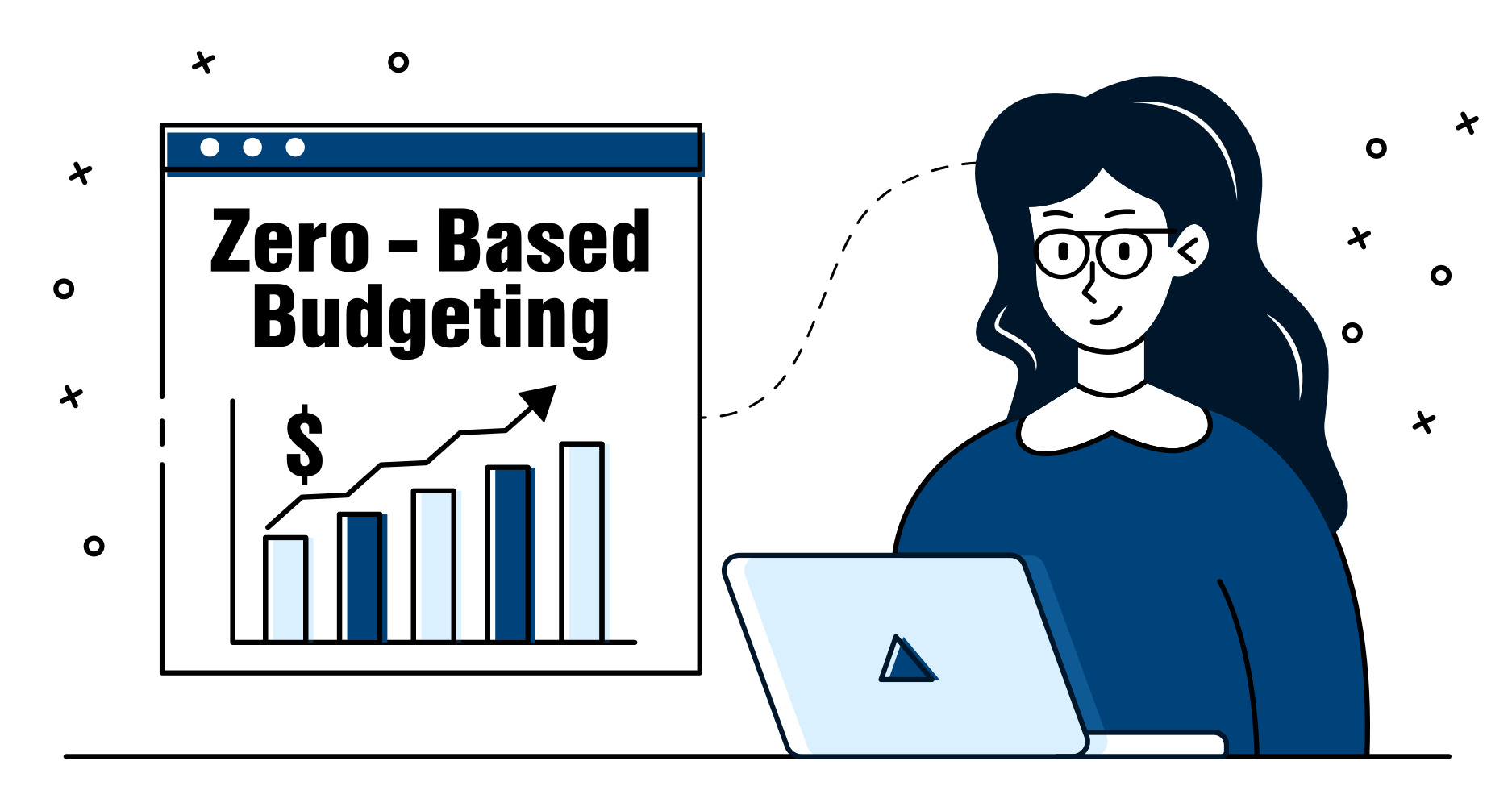
Know About Zero Based Budgeting and Its Benefits to Your Business
- September 15, 2021
- OHI

Budget – The Key to Business Profitability is one of the essential parts of planning a business. Without budgeting, there is no control over the cash flow, and it cannot be known in which direction the business is moving.
A budget will help you project your revenue, determine expenses, and predict your business’s profits. There are multiple different approaches to budgeting, and the method we discuss here is known as “zero-based budgeting.”
In zero based budgeting (ZBB), the financial planning of the business is divided into separate periods. In this process, the starting point of a given period is zero funds, so we call it “zero”-based budgeting.
Zero based budgeting means budgeting where each function within the company is analyzed and the required budget justified, with no relation to what budget was allocated previously.
You can get your employees to take part in making a zero based budget. For example, they can provide you with information about the expenses around their allocated area and suggest reducing costs. The expenses that do not benefit a particular function can be done away with.
Here is a ZBB example:
Suppose you run a health spa and charge your customers for various types of massage oil that you use on them. Last year you spent $5000 on herbal oil purchased from an external supplier. You want to use zero-based budgeting this year.
You realize that you can make your in-house herbal oil formulation and save $3000. So, this year, you will pay $3000 less, so if you apply zero-based budgeting, you only need to budget for (5000-3000) = $2000.
The above example covers only one aspect of your business. You can apply ZBB to several other areas of your business.
The result can be a considerable saving in terms of projected expenditures.
The cost of goods and services never decreases. Historically, there is always an incremental increase in prices from one year to the next. The traditional budgeting process involves adding a blanket percentage to the budget figures, despite whether each area will cost more or not.
With the zero based budgeting process, each area of the business is considered separately. So, although some business functions may cost more, with a little bit of re-engineering, the cost of running other functions may come down.
So, the primary difference between traditional and zero based budgeting is that there is typically a blanket increase in budget allocation with conventional budgeting. With zero based budgeting, however, there can be a decrease in allocation.
ZBB follows a few specific steps. This form of budgeting looks a bit complicated at the outset. But in reality, these steps are quite simple and follow a structured sequence. The steps of ZBB are as follows:
The ZBB process begins on the assumption that there are no funds available. Next, you will consider the business goals of each function of your business individually.
You need to identify whether the objective is to diversify, increase your customer base, cut costs, increase revenue, etc. These goals should be measurable.
This stage can be distributed among all the employees of your organization. You need to arrange brainstorming sessions to examine the defined goals and review each one to see the level of efficiency against available resources.
Here, you will look at each expense and examine how it benefits the company toward achieving business goals. In addition, you will find new ways of spending and identify how to cut down on spending for certain functions.
This is the implementation stage wherein you apply funds to the various functions. You can now measure metrics like cash flow, sales figures, and revenue to determine whether the goals have been achieved.
With ZBB, there can be a significant increase or even decrease in budget allocation between different periods. The reason is that no two budgets are linked to each other.
Here’s how your business can benefit through the ZBB model:
If you are a start-up, you can benefit the maximum by adopting the ZBB model. You wouldn’t have any previous record to refer to, so you can create the most cost-effective budget solution.
By its very nature, a zero-based budget gives you the breakup and total of how much money you save for a particular year. As a result, your business becomes more cost-effective and thereby more profitable.
ZBB creates a system of accountability with each function, wherein managers write down how much is required and what it will be used for. This way, you know where the money is going, helping you run your business more effectively.
There are several benefits of zero based budgeting, but there are some downsides to this system as well. Let’s take a look at both sides of the coin:
Zero-based budgeting (ZBB) stands out as a transformative approach to financial planning, challenging businesses to continually justify every expense and align them with their strategic objectives. Instead of relying on past patterns, ZBB prompts a fresh, critical evaluation of each cost, ensuring that resources are allocated efficiently and purposefully. The benefits of this methodology extend beyond mere cost savings. It fosters a culture of accountability, promotes agility in adapting to changing business landscapes, and ensures that every dollar spent contributes to value creation. For businesses seeking to optimize their financial operations and ensure that investments are always in sync with current needs and goals, zero-based budgeting offers a compelling framework. In the journey of financial prudence and strategic growth, ZBB can be a powerful ally, driving businesses towards enhanced profitability and long-term sustainability. However, using ZBB to create your budget plans can be the first step to total control of your business.
Learn More About our Financial Advisory Services for Small Midsize Businesses – KNOW MORE
Contact us for a customized NO OBLIGATION proposal for outsourcing your accounting activities.







